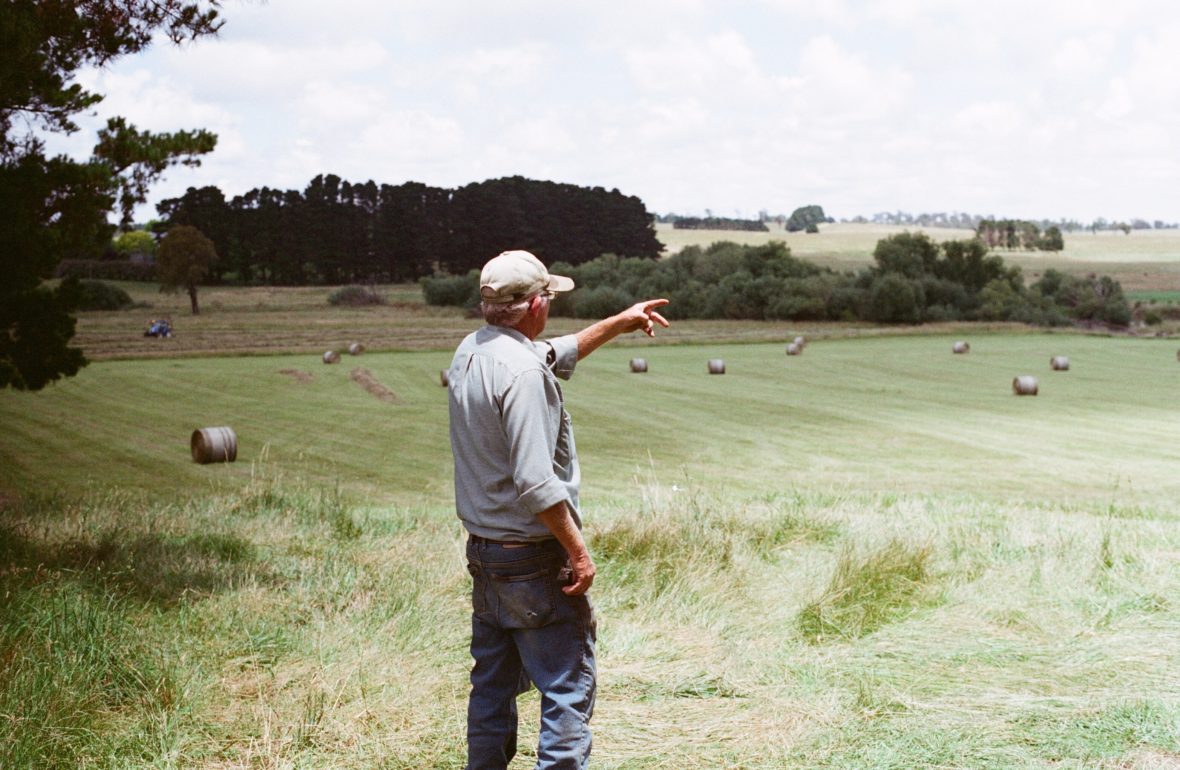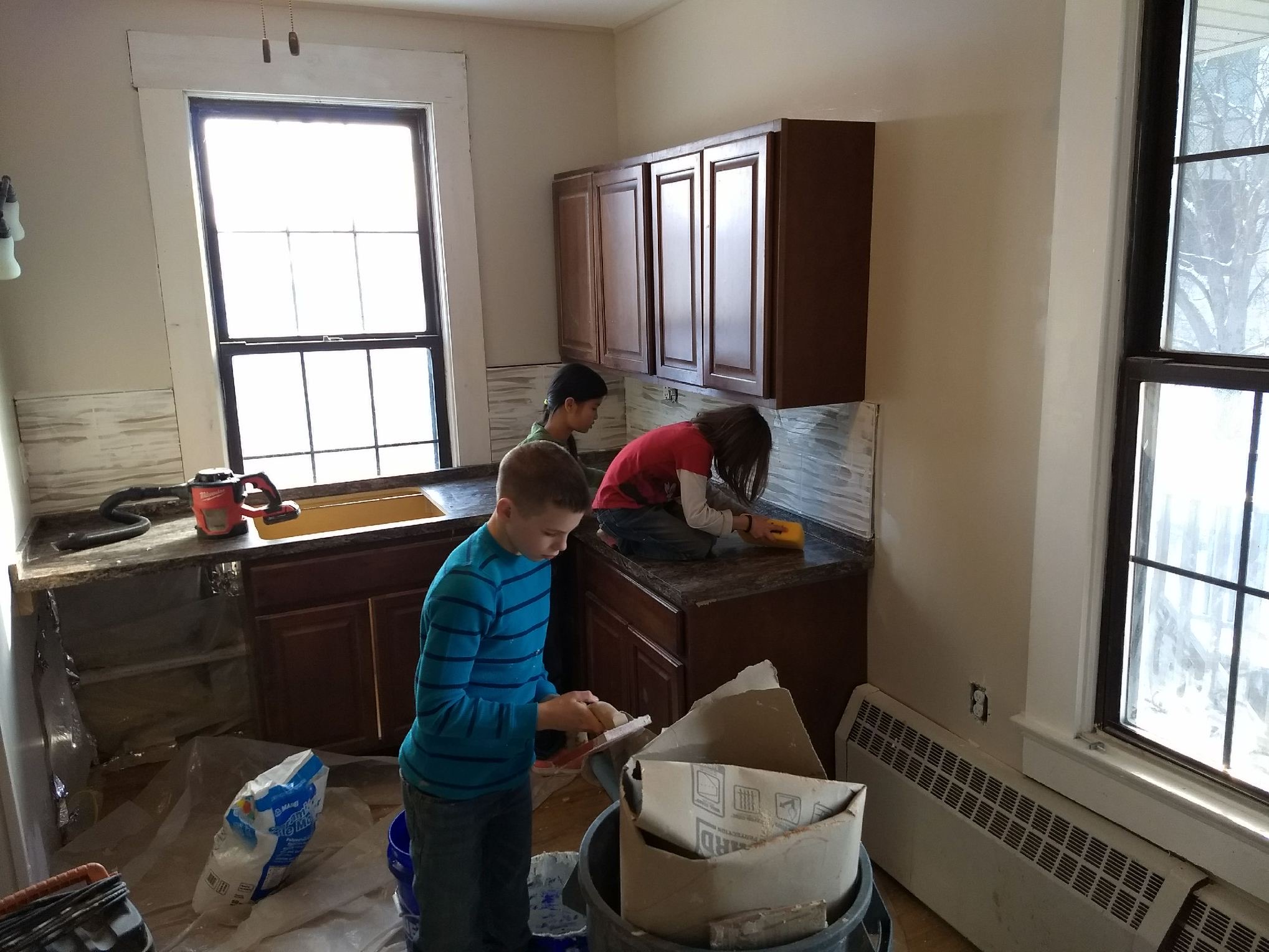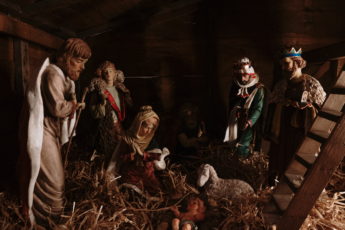
We’re jumping into a conversation I had with Justin Wolfenberg, one of my Abrahamic heroes here in Cincinnati, who has made some really provocative, bold choices in the way that he’s building and leading his family. There are many things that Justin has to teach us, but recently the bee in his bonnet has been about land, something that’s always intrigued me (is it the Texan in me? Nah, it’s the Yeshua), but I’ve never really understood the subject very deeply. Let’s cut to the chase:
STEVE: Justin, more and more of us are having light bulbs come on regarding pursuing an Abrahamic vision of family-building and asset stewardship. What do you see that we should be thinking about in that whole area?
JUSTIN: These days I’m thinking in terms of assets that are generational: What assets will last past my lifetime? Biblically, you come back to just two, over and over: children and land. Children and land are the only two assets that are generational. Nothing else we build or do lasts generationally except for children and land. Those two are the foundation, Biblically, for a family-builder. If you’re thinking about building a multigenerational family that’s what you need: children and land.
STEVE: Huh. [Thinking…] Well, presumably, the children could make other endeavors, like a family business, multi-generational, too, right…? If they carry them on?
JUSTIN: Right, but without those children, all other efforts die. And land will keep on enduring on its own. A fascinating thing to do is go through the Book of Genesis and just underline every time God talks about children and land. It’s ridiculous how often they’re repeated in the Book of Genesis, which is The Foundational Family Building Book. As God is setting up His plan to redeem the world, what does He create? Children… in a land that He provided them. And that story doesn’t go away, all the way to the Book of Revelation. Children and land are fundamental in that story, you just can’t get away from it.
STEVE: Justin and I were at a Bible study together just last night and we looked at Genesis 18:18-19. I had never seen this passage in this context before—actually I don’t think I’d even read this story since I understood God’s heart for family. Because I’m a dumdum. Anyhow here it is:
Abraham shall surely become a great and mighty nation, and all the nations of the earth shall be blessed in him… For I have known him, in order that he may command his children and his household after him, that they keep the way of the Lord, to do righteousness and justice, that the Lord may bring to Abraham what He has spoken to him…
God says, in effect, “I chose Abraham, knowing that he would train and lead his children, and give My Word and My Covenant to his family over generations.” I think we’ll be talking a lot about children on this blog—it’s unavoidable. They’ll get plenty of airtime. But I’m really interested in what you have to say about land, because that’s something that I’m still pretty ignorant about and I think your relationship with land is probably unique to a lot of our readers. So… do tell.
JUSTIN: Love to. Let’s start with its enduring value. I’ll compare land to the value of say, a product business model. Say I started a business selling widgets and this thing goes crazy. It might be a wonderful thing and I make a ton of money. Hooray! Good for me in the short term. But how long is it good for my family? That widget may not be valuable 200 years from now—it most likely won’t. And so that’s not a generational asset, at least not the way that I could build it. That’s not to say that starting a business and handing it off to your children isn’t a good idea and a solid way to build a family.
STEVE: That’s my move for now; that’s what I’m hoping to do: Start a business or two with long legs and train up kids who’re smarter than me who can take them to new, better places.
JUSTIN: Yeah that’s great, for sure. But just to compare… if I have land, there are things I can do that will always, always, always be needed, and will remain as relevant as the morning news: I can address the need for housing. The need for growing food. The need for space for communities or businesses… those things are never going to go away. And if you’re thinking about land generationally, there will always be a place for your family to go—you will actually need a place for them to stay!
STEVE: OK you’ve got my attention, and having some sort of family headquarters is something I’ve longed for personally. So… let’s back up; tell us your story. At some point, you’re a normal American: You’re either renting or buying a house that you’re living in… What was your first step after the penny started to drop with you regarding land? What was your first step to go beyond what a normal American would do?
JUSTIN: Yeah. When I started to understand that land is really valuable to the LORD, my wife and I thought about having a place where some of the guys that we were discipling could come and live. My house is maxed out with kids! So we took the leap and bought our first rental property—the house right across the street from us. It needed a lot of work. I had five guys I was working with, and all of us learned how to work with our hands—I did not know how to do any of that stuff at the time.
STEVE: You bought a rental house to renovate without any skills? What were you, drunk?
JUSTIN: Not at that time, no—maybe earlier in my life! [laughs] No, I just saw that the LORD likes this and we went for it. We built a community and renovated a house together. And that house is still a discipleship house, full of people we shepherd and lead. What a win! So now that land is generating financial resources for our family and building disciples for the kingdom all at the same time. It’s an incredibly powerful resource.
STEVE: So wait a second: you’ve figured out a way to make disciples in a way that also makes money? What wizardry is this?
JUSTIN: Yes it’s incredible… but it’s just integrating your life, really. If you try to do everything separate—and I have tried that—there is literally not enough time in your day. And that’s one of the painful things we try to do as Americans; we try to cram our calendars with all these good things separately. Well, it’s actually impossible. And so we either drop things or do things ineffectively. We learned that by putting our disciples in a house right across our street, our lives got waaaaay simpler in one swift move. And again, that’s just one thing land can do.
STEVE: So you had one house. You had disciples living in that house, who helped to rehab this house… And then what did you do?
JUSTIN: And then we started to expand and buy other houses and learn how to renovate them—I mean learning as a family. One of the greatest aspects of land is that it allows you to work with your family. Most businesses just simply don’t allow your children to be engaged. So when we started acquiring land, I actually needed every one of my children to help me renovate these properties. So we were suddenly able to work together! I was able to have a family business. And I don’t mean just a business that a dad owns then his son owns, etc. That’s great, but this was the entire family contributing to making a business work—and I have little kids, mind you. In addition to practical skills, they’re gaining character resources too, in the same place we’re making disciples of Jesus—all at once. That was profound.
STEVE: Whoa that’s 5 Capital type stuff there, hitting on all cylinders. Good work! So, are you saying that this revelation, that land was valuable to God, ended up with you changing your career?
JUSTIN: Correct. I used to work at a church, and that was going great, but I had this crazy question that bugged me: “What would happen if a father came back home and actually worked with his family?” Frankly, the way humans have existed up until about a hundred and fifty years ago was, you lived on a farm and you worked together as a family. Some people are crazy enough to think this is how God designed the world: in Genesis, He created Adam and Eve and he put them where? In a garden. And—this is a crazy thought—it required work. It wasn’t actually finished. He didn’t create Disney World for them to go and play. He created a garden so He could work alongside His children. And that profound revelation for family has changed everything for us.
STEVE: Would you be uncomfortable if I told you that, as you’re talking, I’m falling in love with you?
JUSTIN: Maybe a little bit. Yes.
STEVE: That’s fine; I can handle your rejection. Ok; I’m getting a picture that on your street or in your neighborhood you’re sort of collecting houses as you can. You’re working with your family and your disciples on these houses and you’re filling them with people… So how is that changing the landscape of your neighborhood? It has to be affecting things.
JUSTIN: Oh yeah. For one small example there is a community garden on our street…! You need to understand, we’re not wealthy enough to buy big expensive houses, so we live in a more rundown area; these houses were between 30 and 50 thousand dollars each. And as we’ve been renovating them, we’re watching a neighborhood come back to life. We’re seeing kids come back to a street. Honestly, it’s been a really cool picture of redemption, seeing what has happened. In fact, one of my favorite stories was an unmarried couple who lived next to one of my rental properties. This agnostic man and this atheistic woman met our family when we had six kids. They’d just say, “How in the world are you doing this?!” And man we got into a neat relationship with them, both of them came to know the Lord, and they ended up having a Christian wedding. And it happened simply because they saw a family functioning properly, and not in chaos.
STEVE: Whoa. And you told me about an election that happened in your part of town recently…?
JUSTIN: Yeah. So this was one of those things I felt like God used to teach me the unique power of land—again with this particular example of housing… In the last election in St. Bernard [Justin’s part of town in Cincinnati], the mayoral election was won by just six votes. Six! Well we have about 14 units there and, though I don’t have the maturity and wisdom to be that involved in politics, the lesson struck me hard: we have enough land to sway an election! So wow: if you have land, and on that land is houses, and in those houses are people that you potentially influence or lead, you have votes. And those votes can sway an election, and affect the course of a city on many, many levels. And one of those levels just happens to be political. It was a powerful, living teaching that God gave us.
STEVE: Rad. We’re going to be revisiting land with you again in the future; this is a great subject to get into. And you’re the perfect tutor! Thank you for your time, Justin.
JUSTIN: Hey, you’re welcome! Where’s part 2?
STEVE: Brilliant question. It’s right here!









I can’t say I’ve ever looked at owning land with this perspective by looking back to God’s promise to Abraham.
My wife and I have had conversations in the past about family vocations after she read a book about it a couple years ago.
My wife’s parents gave us an acre of land to build a house on and that gift has reshaped our entire life. We couldn’t afford to buy a house in our late 20s, but we could build a house (with our hands and our family that are builders by trade) for a fraction of the cost–and we did.
We want to eventually buy land for our children so they can have the same opportunity. It’s great to hear others have the same vision.
Wow super cool Josh. I’d love to hear more about the power of that one acre of land on your family’s story… care to guest write an article for us, hmmmmm???
I’d be willing to write about it. Our story is a little complex so I can share it with you first.